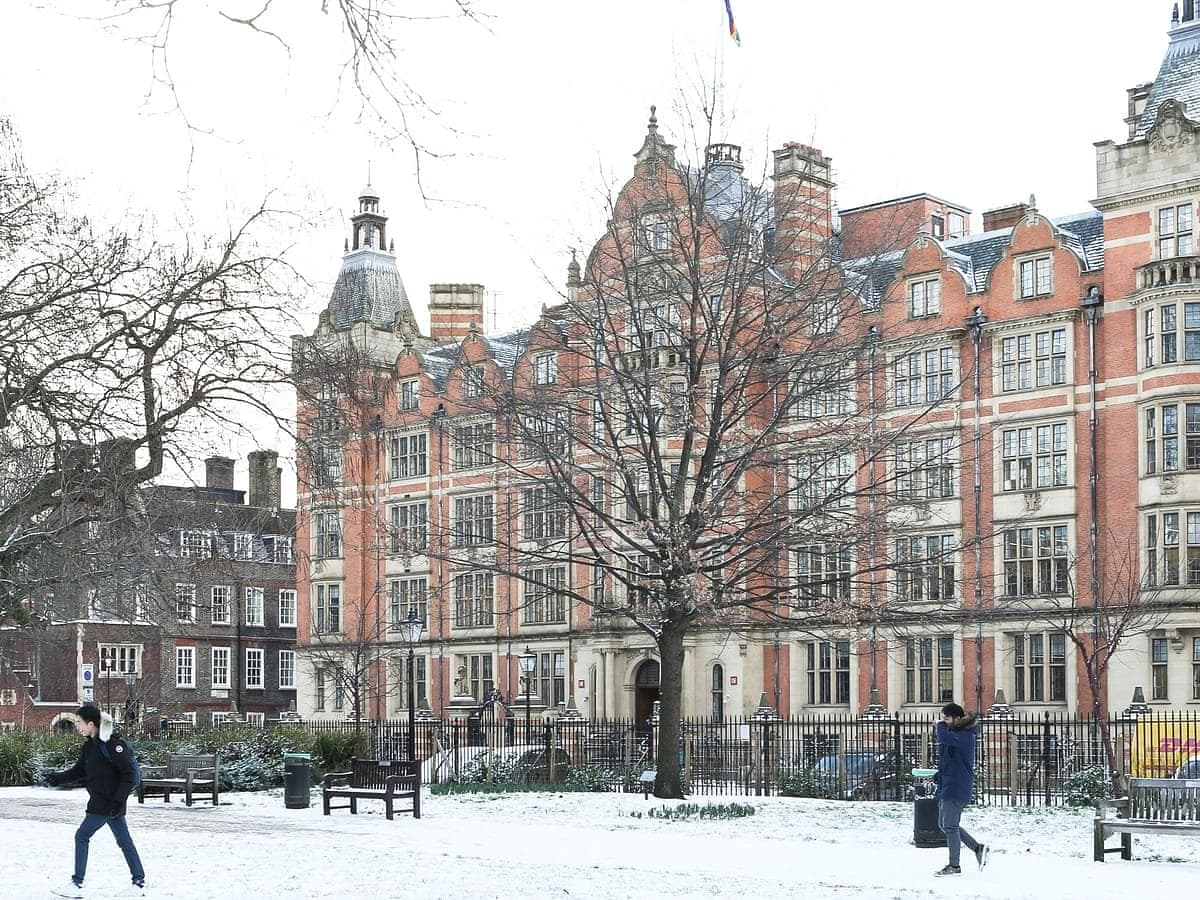The degree involves studying courses to the value of 12 units over three years, plus LSE100. You have the choice of undertaking an independent research project in your final year. Fieldwork is an important component of the programme and there is the option of an overseas fieldtrip as part of the second-year course Field Methods in Geography and Environment (see Fees and Funding section for details of costs).
First year
You will take methodology courses, a geography course, and economics courses. You will also choose one course from a choice of three. In addition, you will also take LSE100.
(* denotes a half unit course)
Microeconomics I*
This course provides a foundation to help students understand key microeconomic questions using a variety of approaches including quantitative methods.
Macroeconomics I*
This course provides a foundation to help students understand key macroeconomic questions using a variety of approaches including quantitative methods.
Quantitiative Methods (Mathematics)*
Develops the basic mathematical tools necessary for further study in economics and related disciplines.
Quantitative Methods (Statistics)*
Develops elementary statistical tools necessary for further study in management and economics.
Introduction to Geography
This course provides students with an introduction to Geography at LSE, including human, economic and environmental geography.
Either
Contemporary Europe
Introduces students to some of the most important economic, social, and political challenges Europe faces.
Or
Sustainable Development
Examines how the natural world is affected by development decisions and how these decisions shape human development across geographical regions and socioeconomic groups.
Or
Human Geography and the City
Addresses the social, economic and political dimensions of urban geography by focusing on the intersection of people and place in London.
LSE100*
A half unit, running across Michaelmas and Lent Term in the first year, LSE100 is compulsory for all LSE undergraduate students, and is designed to build your capacity to tackle multidimensional problems through research-rich education.
Second year
In your second year, you take several compulsory courses in geography, a compulsory course in microeconomics, choose between microeconomics and econometrics and choose further geography and environment options to the value of one unit.
Microeconomics II*
This intermediate-level course will help students understand key microeconomic questions and challenges and also evaluate possible solutions using a variety of approaches including quantitative methods.
One of the following two options:
Macroeconomics II*
This intermediate-level course will help students understand key macroeconomic questions and challenges and also evaluate possible solutions using a variety of approaches including quantitative methods.
Econometrics I*
Introduction to econometrics to teach students the theory and practice of empirical research in economics.
The Economic Geography of Trade, Production and Development*
Draws on ideas from international trade, international economics, development and regional economics to examine location and spatial analysis.
The Economics of Cities*
Focuses on urban economics, addressing the spatial form of cities and the division of national economic activity into cities.
Quantitative Methods in Geography and GIS*
Provides students with an introduction to quantitative methods for geographical analysis, specifically regression analysis and Geographical Information Systems (GIS).
Field Methods in Geography and Environment*
Examines methods used in field-based geographical research, and helps prepare students to undertake individual research projects.
Geography and environment courses to the value of one unit
Third year
In the third year you take two compulsory half-unit courses in geography. You will then choose from a range of geography and economics options to the total value of three units, of which a maximum of two units can be from economics.
Firms and Economic Geography: Location, Technology and Innovation*
Develops theoretical and empirical understanding of spatial economic processes in order to study and evaluate a wide range of issues and policies.
The Economics of Housing Markets and Migration*
Course analyses how decisions made by individuals influence the distribution of economic activities across space.
Geography and/or economics courses to the value of three units

